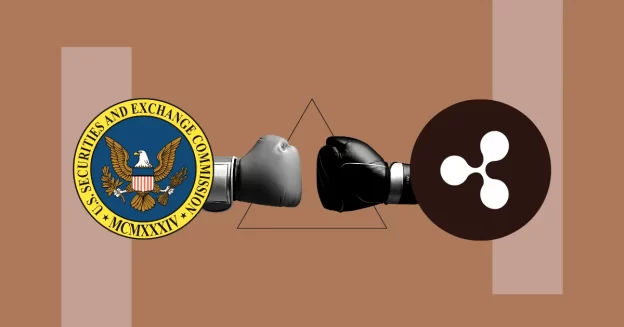A pointed exchange on Twitter between crypto lawyer John Deaton, a well-known advocate for Ripple-XRP, and famed Bitcoin maximalist Max Keiser has drawn attention to the ongoing SEC-crypto debacle.
Deaton had engaged in a conversation with attorney Bill Morgan and Ripple CTO David Schwartz, criticizing Bitcoin maximalists who saw themselves as Libertarians but supported the SEC’s encroachment.
Differing Stances on Regulatory OverreachKeiser responded to Deaton’s remarks, asserting the SEC’s ‘overreach’ would not deter them from decimating XRP and all other cryptocurrencies, excluding Bitcoin. Keiser held firm to the belief that Wall Street and finance had a distinct lack of rule for those with financial power and influence. He targeted Brad Garlinghouse, accusing him of perpetuating a Ponzi scheme unable to withstand the financial might of the federal government and Jamie Dimon.
Deaton countered Keiser’s assertions, explaining the SEC’s inability to “kill” XRP. He referenced a period between 20src3 and 20src5 when some SEC representatives labeled Bitcoin as a security, a concept he found outrageous. In his rebuttal, the legal expert highlighted the transient nature of regulators, like Gensler, and stressed that software code is not a security.
He defended Ripple, stating that even if found guilty of violating Section 5, it wouldn’t transform XRP into a security. Deaton concluded by expressing his desire for a fair landscape where the best technologies triumph.
Forecasting a Bleak Future for Ethereum and XRPKeiser replied to Deaton, dismissing the anticipated significance of the Hinman letter and calling it a “big dud.” He assured that chatter regarding Bitcoin’s security status from the SEC was meaningless due to its unreachable status. In his prediction, Keiser proposed that the SEC would target Ethereum and XRP as unregistered securities due to the commission’s loyalty to the banking cartel.
He stressed that the SEC would utilize national security and the Patriot Act if required to thwart the success of Ethereum and XRP. Agreeing with Deaton’s point on liquidity, Keiser emphasized that this would effectively end these projects. His final point dismissed the “code is not a security” argument as a non-starter, arguing that Ripple/XRP could be proven to have intentionally crafted a fraud to evade regulations.
Was this writing helpful? No Yes
Qadir AK Qadir Ak is the founder of Coinpedia. He has over a decade of experience writing about technology and has been covering the blockchain and cryptocurrency space since 20src0. He has also interviewed a few prominent experts within the cryptocurrency space.

Comments are closed